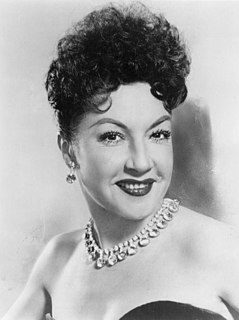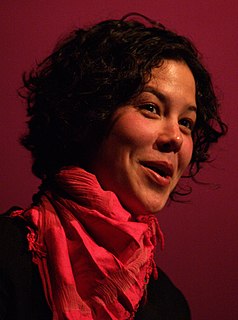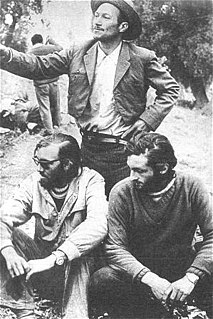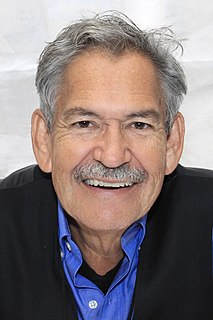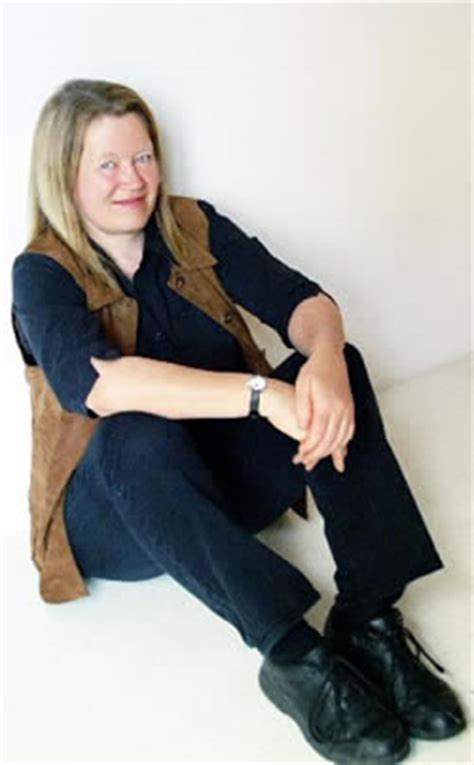A Quote by Alice Sebold
I think it's an interesting thing to me, because we have this desire for everything to be explained to us. But if you go through your daily actions, very little ends up having a written-down explanation for why things happen, or why people do specific things.
Related Quotes
We have this desire for everything to be explained to us. But if you go through your daily actions, very little ends up having a written-down explanation for why things happen, or why people do specific things. So it made sense to me to reflect the human condition that not every action has an explanation. We act, and then later maybe come to an understanding about it, or maybe not.
I think when things happen in our lives that we can't truly understand why they destroy us, it's because we can't truly understand or communicate it to anyone else. And that is what is destructive - you can't communicate it to the people that you love and it makes things deteriorate. Or you're hiding from yourself, or you're hiding from somebody else, and that was really fascinating to me... that life isn't like the movies and you can't always point to one thing and explain why you did things that ended up hurting you.
I think now that I'm in the autumn of my life, and I'm getting a chance of having an overview and looking at the shape of how things happen, when things happen, why things happen, I think it was fitting that I spent most of my early career doing mask work, because I just don't think I was that comfortable in my own skin.
In school you teach us not to fight with others, to work things out, to respect others, to clean up our mess, not to hurt other creatures, to share, not be greedy. Then why do you go out and do the things you tell us not to do? You grownups say you love us, but I challenge you, please, to make your actions reflect your words.
It was like a death in the family: You go through the mourning stage, then the rebellion, and then all of a sudden you have to find life by yourself. . . . I loved everything about marriage. I loved having a companion to wake up with and have barbecues with. But things happen and people grow apart. I don't really ever talk about the divorce because it was a heart-wrenching thing to go through.
The thing that has always baffled me about people's perception of my writing is the sense that I'm a very controversial, opinionated, polarizing person. I feel like I write about things that I'm interested in, and I describe why they're interesting to me. I could be negative, I guess. It's far easier to write why something is terrible than why it's good.
I think life is simpler than we tend to think. We look for answers and more answers. But there are no answers. Things happen in life, good things and bad. People say, 'Why did it happen to me?' Well, why not? Some people win the lottery, and others die in a car crash. It happens, and there is nothing we can do about it. The universe doesn't care what happens to you.
Sometimes the parallels that are brought in can make the play seem less relevant; you can deny a play's application to the universal by making it too specific. Sometimes having a modern context does make things easier to grasp; sometimes, you go, "Why have they got swords?" "Why didn't Juliet just text Romeo? Why did she bother posting a letter? Why was the Milan post service so bad?" It throws up irrelevant questions that don't help.
Now I understand why people do drugs, why people drink, and why people go crazy. As the success level goes up and up and up, the further detached I get from everybody else. Luckily, with my girlfriend, everything is gravy because I brought her into it. I brought her in and she's very hands on with my career.
Traditional murder mysteries are interesting because they're ostensibly about a horrible thing - murder - but underneath that, they're about restoring order to a messed-up world. By the end of a whodunit, the detective has taken the reader through all the reasons why this terrible thing happened. Through that explanation, and by seeing the killer captured, the reader feels a sense of catharsis.
She looked up. "What I can't figure out is why the good things always end." "Everything ends." "Not some things. Not the bad things. They never go away." "Yes, they do. If you let them, they go away. Not as fast as we'd like sometimes, but they end too. What doesn't end is the way we feel about each other. Even when you're all grown up and somewhere else, you can remember what a good time we had together. Even when you're in the middle of bad things and they never seem to be changing, you can remember me. And I'll remember you.



